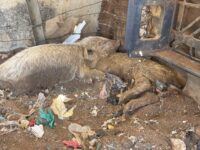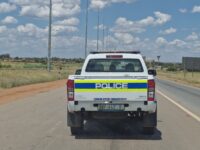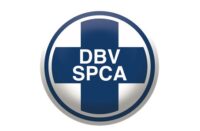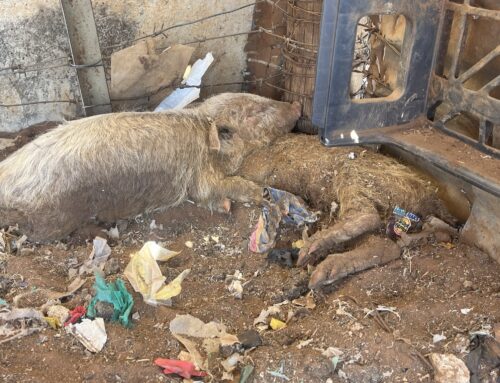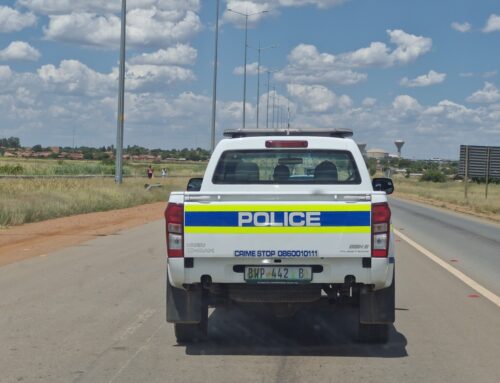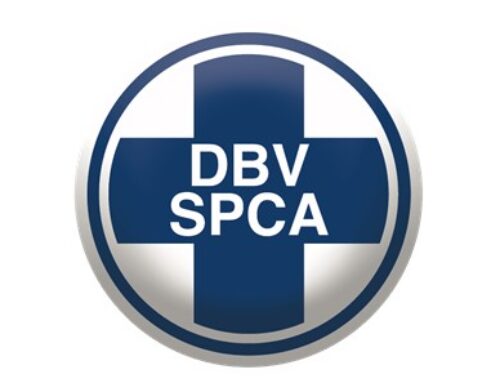The suffering of poultry due to avian influenza is an often overlooked aspect of this devastating disease. This is not just an egg shortage, avian influenza causes significant physical suffering in infected poultry. The virus attacks the respiratory and digestive systems, leading to severe respiratory distress, coughing, sneezing, and difficulty breathing. Infected birds may also experience diarrhoea, decreased appetite, and dehydration. The pain and discomfort these birds endure are often hidden from the public eye, but their unnecessary suffering is nonetheless real.
Culling of infected birds is the most effective method to prevent the spread of avian influenza within poultry populations. However, it is crucial to emphasize that humane methods must be employed during the culling process to minimize the suffering of the affected birds. The NSPCA strongly opposes inhumane methods being utilised to combat the virus like ventilation shutdown and forced moulting. The NSPCA will not hesitate to prosecute any person who resorts to such inhumane methods.
The National Council of Societies for the Prevention of Cruelty to Animals (NSPCA) has formally addressed the Department of Agriculture, Land Reform and Rural Development, and other key stakeholders, expressing grave concern over the government’s delay in authorizing the importation of Highly Pathogenic Avian Influenza (HPAI) vaccines.
The ongoing HPAI outbreaks continue to ravage poultry flocks across South Africa, causing widespread devastation. The NSPCA has actively engaged in response efforts, assisting in the humane culling of affected animals. In some distressing cases, our interventions have prevented producers from resorting to desperate measures or inhumane culling methods.
This critical situation is exacerbated by bureaucratic hurdles in accessing HPAI vaccines, potentially leading to a significant welfare disaster. The NSPCA aligns with the South African Veterinary Association (SAVA) and urgently calls upon the government to:
- Expedite the evaluation for emergency importation of HPAI vaccines under section 21 of the Medicines and Related Substances Act 101 of 1965; and
- Facilitate swift local registration of these life-saving vaccines.
The NSPCA, as a statutory body entrusted with a constitutional mandate to ensure the humane treatment of animals, asserts its authority to advocate for their well-being. The Constitutional Court’s unanimous affirmation in 2016 cemented the NSPCA’s pivotal role in enforcing laws that safeguard animal welfare.
— END —
CONTACT PERSON:
Nazareth Appalsamy
Manager – Farm Animal Unit
National Council of SPCAs
0828504383

If you are as passionate about animals and their well-being as we are, consider supporting our causes by donating.
Latest News Posts
Will You Be the One Who Takes Action?
Most people will scroll past this. But will you be the one who stands up for animals?
Animal welfare isn’t always in the spotlight, but it changes lives – for every neglected, abused, or suffering animal we help. Our teams work tirelessly, often behind the scenes, ensuring animals across South Africa are protected.
This work is relentless. The challenges are immense. But with more hands, hearts, and resources, we can do even more.
The equation is simple: the more supporters we have, the greater our reach, the stronger our impact.
Be part of the change. Become an NSPCA Project Partner today. From just R50 per month, you can help ensure that no animal suffers in silence.

